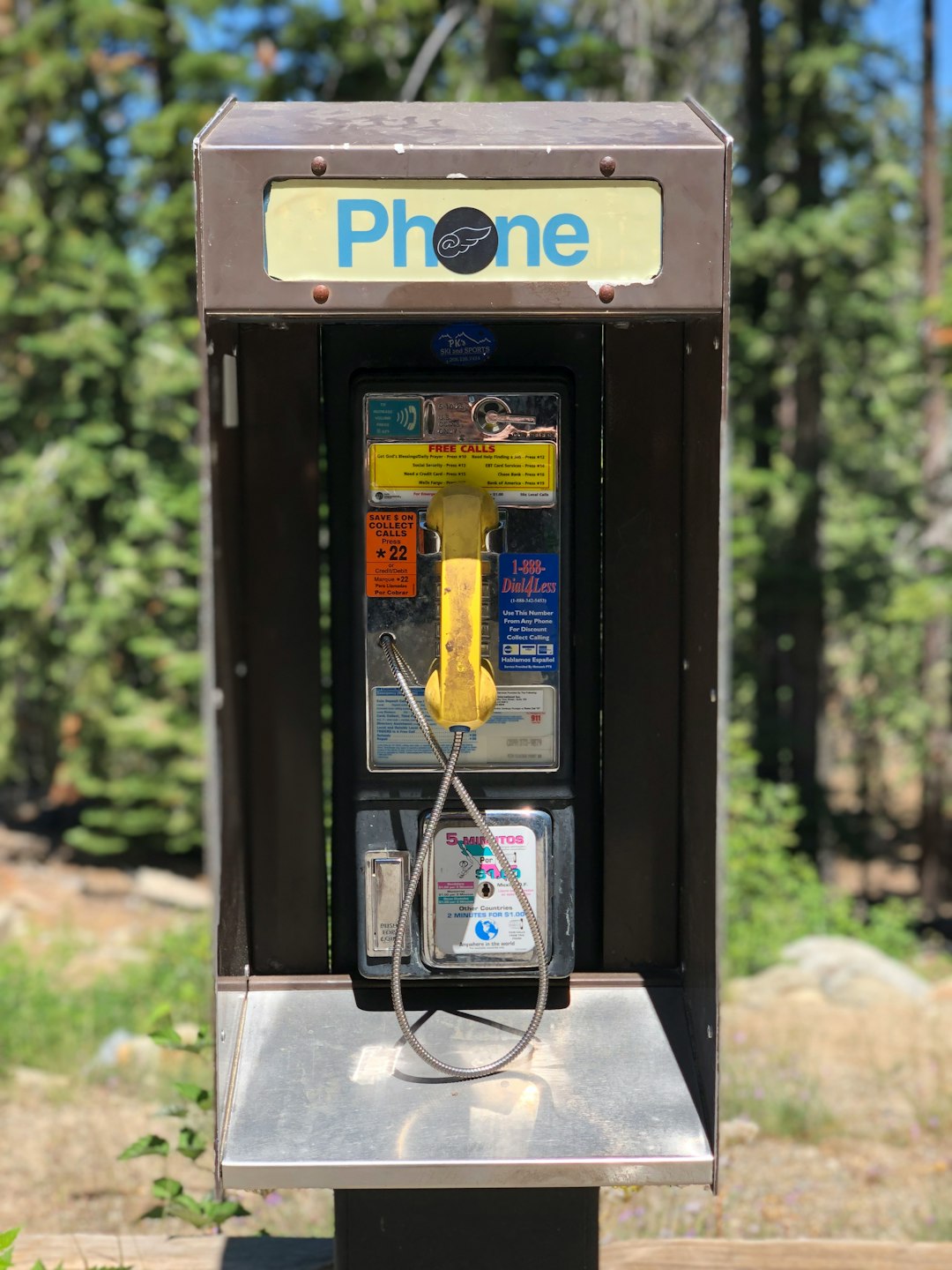Colorado businesses must adhere to strict anti-spam laws regarding text messaging, including the Telephone Consumer Protection Act (TCPA), to avoid legal issues and lawsuits. Unsolicited texts or automated dialing without explicit consent from recipients is prohibited. Consulting a specialized Spam Text Lawyer in Colorado or Spam Call Attorneys is crucial for compliance, protecting companies from consumer claims, and ensuring adherence to stringent spam text regulations. These specialists can guide compliance, draft consent forms, provide opt-out mechanisms, and offer representation in case of lawsuits.
In the digital age, small businesses in Colorado must navigate a complex landscape regarding spam text laws. With the rise of automated messaging, understanding when and how your business could be held liable for spam texts is crucial. This article provides a comprehensive overview, addressing key questions like when a business can be sued for spam texts and the role of a specialized Spam Text Lawyer in Colorado. We also debunk common misconceptions and offer best practices to protect your business from potential lawsuits involving spam calls and spam text laws in Colorado. Explore these insights with leading spam call law firms Colorado to ensure compliance.
Understanding Spam Text Laws in Colorado: A Comprehensive Overview

In Colorado, like many states, there are strict regulations in place to combat spam texts and protect consumers from unwanted messaging. The state’s laws aim to prevent businesses from sending unsolicited text messages, often referred to as “spam calls,” which can be a nuisance and invade personal privacy. A Spam Text Lawyer or Attorney in Colorado is crucial for small businesses to understand these regulations to avoid potential lawsuits.
The Colorado Spam Call Law, part of the state’s Consumer Protection Act, prohibits businesses from sending mass text messages unless the recipient has given explicit consent. This means that small businesses must obtain permission before texting promotional content to customers or potential clients. A violation of this law can lead to legal repercussions, with affected individuals able to seek damages and hold businesses accountable. Therefore, it is imperative for companies, especially those offering goods or services in Colorado, to ensure they have the right practices in place to comply with spam text regulations to protect themselves from potential claims by hiring a Spam Call Law Firm or Lawyers specialized in this area of law.
When Can a Small Business Be Held Liable for Spam Texts?

In Colorado, small businesses can be held liable for spam texts if they send unsolicited text messages to consumers without their prior consent. The state’s anti-spam laws, similar to federal regulations like the Telephone Consumer Protection Act (TCPA), protect individuals from receiving unwanted marketing communications via text. If a business uses automated dialing systems or sends bulk texts, it must comply with strict guidelines to avoid legal repercussions.
A Spam Text Lawyer Colorado or Spam Text Attorney Colorado can advise businesses on obtaining proper consent and adhering to opt-out requirements. Failure to do so may result in significant financial penalties, as courts have increasingly ruled in favor of consumers who receive spam calls or texts. Businesses should also be aware that even well-intentioned marketing efforts can constitute spam if they violate an individual’s rights, making it crucial to consult with a specialized Spam Call Law Firm Colorado or Spam Call Lawyers Colorado to ensure compliance and protect against potential lawsuits.
The Role of a Spam Text Lawyer/Attorney in Colorado

In Colorado, as in many states, the use of spam texts is regulated by strict laws designed to protect consumers from unsolicited and aggressive marketing tactics. If your small business in Colorado is facing or considering sending out spam text messages, it’s crucial to consult a Spam Text Lawyer Colorado or Spam Text Attorney Colorado. These legal professionals specialize in navigating the complex landscape of telecommunications law and can advise on compliance with state and federal regulations, such as the Telephone Consumer Protection Act (TCPA).
A Spam Call Law Firm Colorado or Spam Call Lawyers Colorado can help ensure that your business avoids costly legal repercussions and fines. They can draft consent forms, provide guidance on opt-out mechanisms, and represent your interests in case of a lawsuit stemming from spam text communications. With their expertise in Spam Text Colorado and surrounding laws, these lawyers enable small businesses to effectively market while adhering to the law, fostering a harmonious relationship between businesses and consumers.
Common Misconceptions About Spam Calls and Their Legal Ramifications

Many small business owners in Colorado hold misconceptions about spam texts and their legal implications, often out of fear or lack of understanding. One common belief is that any text message sent to a potential customer could be considered spam, making businesses vulnerable to lawsuits. However, this isn’t entirely accurate. The law distinguishes between legitimate marketing messages and unwanted, intrusive spam calls or texts.
Another misconception is that small businesses are never held accountable for sending spam texts. In reality, Colorado’s spam call laws hold both individuals and companies responsible. A business could face legal repercussions if its text messages violate privacy rights, are sent without consent, or use deceptive language. Engaging a skilled spam text lawyer or spam call attorney in Colorado can help clarify these issues and ensure businesses stay compliant, protecting them from potential lawsuits.
Protecting Your Business: Best Practices to Avoid Spam Text Lawsuits

Protecting Your Business from Spam Text Lawsuits
In Colorado, businesses need to be mindful of their communication strategies to avoid potential spam text lawsuits. Engaging in unsolicited texting can lead to legal repercussions, especially with strict consumer protection laws in place. A single unauthorized text message could result in significant fines and damage your business reputation. It is crucial for small businesses to understand that even automated messages require explicit consent from recipients. This includes welcome messages, marketing promotions, or any other form of communication not requested by the user.
To safeguard against spam text lawsuits, Colorado businesses should adopt best practices. First, ensure you have a clear opt-in system in place where customers actively agree to receive texts. Never assume consent; obtaining explicit permission from each customer is essential. Second, provide an easy and visible way for users to unsubscribe from future messages. Lastly, consult with a spam text lawyer or attorney in Colorado who specializes in such matters to ensure compliance with state laws and regulations. By following these guidelines, small businesses can effectively protect themselves from unwanted lawsuits and maintain positive relationships with their customers.






